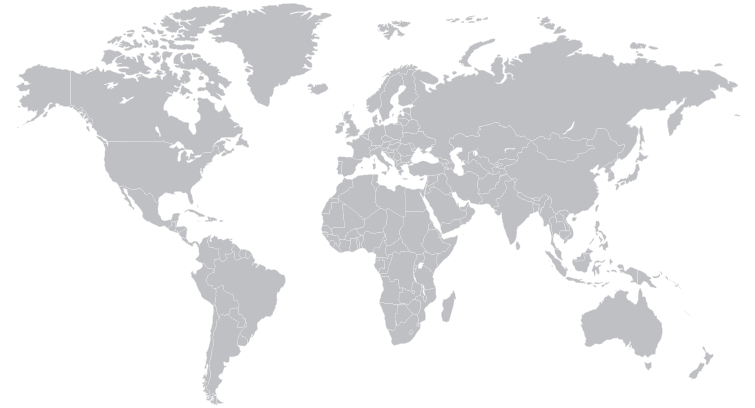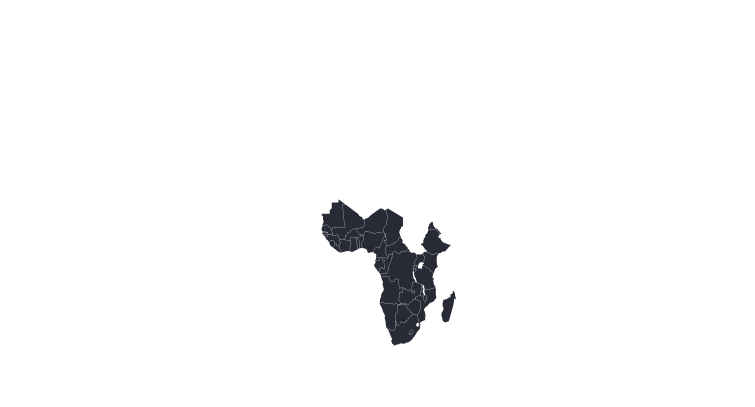The Global Cyber Security Capacity Centre (GCSCC) is a leading international centre for research on efficient and effective cybersecurity capacity-building, promoting an increase in the scale, pace, quality and impact of cybersecurity capacity-building initiatives across the world. It has created a first-of-its-kind model to review cybersecurity capacity maturity across five areas (or ‘dimensions’), which aims to enable nations to self-assess, benchmark, better plan investments and national cybersecurity strategies, and set priorities for capacity development.
In order to increase the impact of the research of the GCSCC and to ensure the sustained use of the CMM, GCSCC has built a Global Constellation of Regional Research Centres. This constellation acts as a force multiplier for the Centre’s work and take on a strong leadership role in the regions. In 2017, the Oceania Cyber Security Centre (OCSC) a not-for-profit collaboration of eight Victorian Universities in Melbourne, Australia, became the first partner of the constellation with funding from the State Government of Victoria. Three years later the Cybersecurity Capacity Centre for Southern Africa (C3SA) was established at the University of Cape Town (UCT) as a consortium between the GCSCC, UCT’s Department of Information Systems, Research ICT Africa, a digital-policy think tank based in Cape Town, and the Norwegian Institute of International Affairs (NUPI). The funding for this two-year project comes from the Norwegian Ministry of Foreign Affairs. The three centres of the Global Constellation, GCSCC, OCSC and C3SA, aim to drive regionally informed cybersecurity-capacity research and lead the deployment of the GCSCC’s CMM in their respective regions, and to sustain the CMM’s impact established over the past six years.
The constellation remit is to:
- foster multidisciplinary research on efficient and effective cybersecurity capacity-building worldwide with a specific focus on the regions;
- drive regional ownership of the development and progress of the CMM;
- broaden and sustain the deployment of the CMM;
- support greater effectiveness and targeting of cybersecurity capacity-building and impact, developing and delivering capacity building programmes targeted to their regions’ need,
- establish knowledge exchange and research collaborations with major research institutions and capacity building organisations operating in their region, which will become amplifiers of the constellations work including their own, and develop a regional body of cybersecurity research.
- Each contribute to the global research project, inform a global understanding of cybersecurity capacity and ensure the sustainable global impact of the CMM/CHF.
The Regional Centres also provide a single entry point for capacity-building activity on cybersecurity specifically in each region, essentially operationalising the requirement for coordination and collaboration in order to reduce duplication of efforts. This will lead to a deeper understanding of what constitutes national level cybersecurity capacity, the context of cybersecurity capacity in the regions, and research informed policy development and implementation. Additionally, the Regional Centres will develop and provide education and training offerings on crucial issues around cybersecurity, informed by the deployments of the CMM and the regional-focused research by the Regional Centres and the global constellation.
For more details visit
https://gcscc.ox.ac.uk/
https://www.oxfordmartin.ox.ac.uk/cyber-security/
http://www.c3sa.uct.ac.za/
https://ocsc.com.au/




